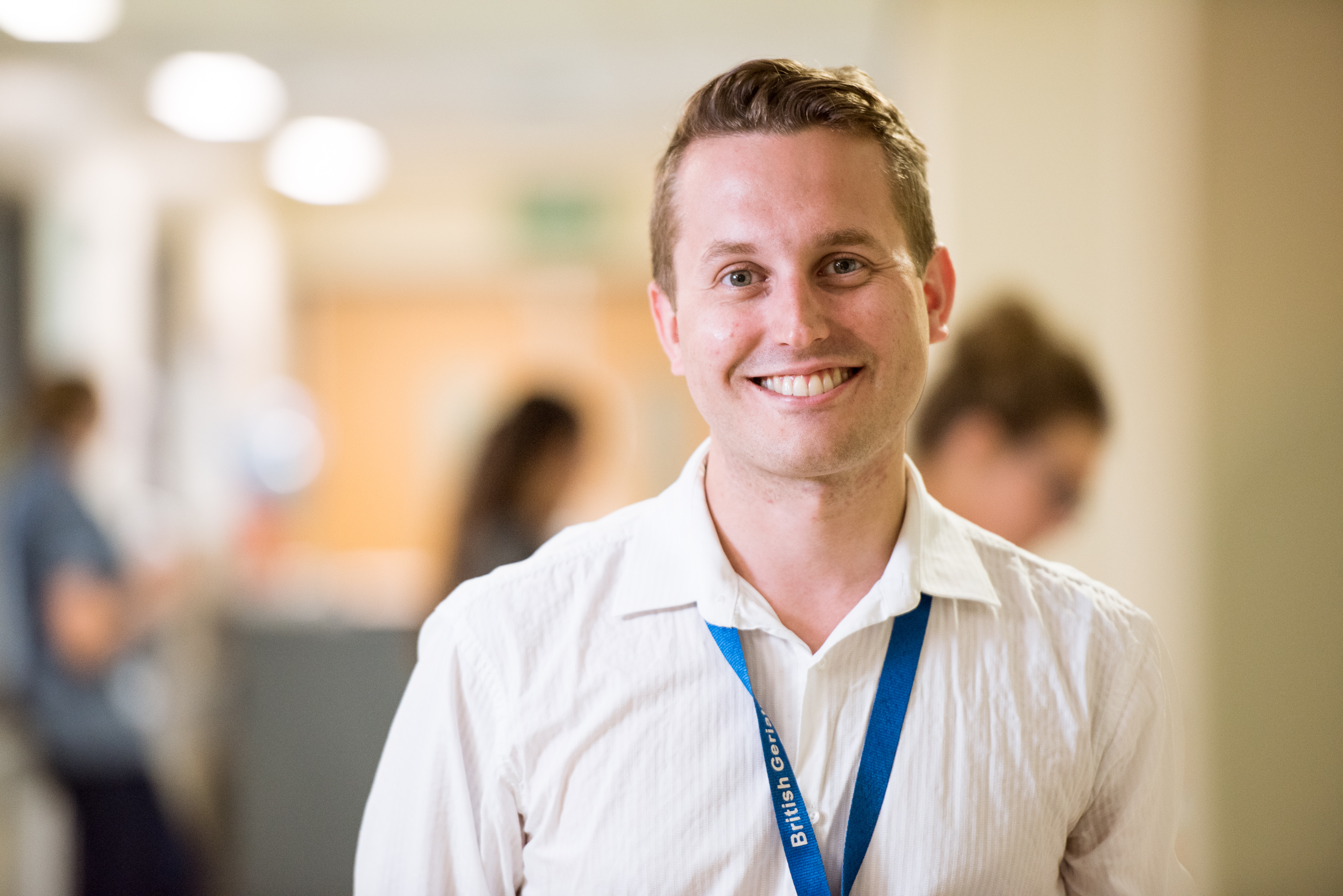Amanda Aw is a final year Glasgow medical student with an interest in surgery and academic medicine. She is currently the Co-President of the Glasgow University Plastic Surgery Society and has also recently been appointed as the General Surgery Editor of DASPITE, a student-led online medical encyclopaedia. She is honoured to be the 4000th member of the British Geriatrics Society.
During my first clinical rotation in my early clinical years, I encountered a pleasant older lady on the wards. She was suffering from dementia and her son was her full-time carer. She was admitted with aspiration pneumonia as a consequence of a large 30-centimetre ovarian cyst compressing her diaphragm and her condition was deteriorating as the days passed. Due to poor mobility and impaired activities of daily living on top of multiple co-morbidities, the clinical team decided that conservative management was in her best interest. Back then, I found it difficult to understand the rationale behind this but as I progressed in my clinical years, I finally appreciated the concept of realistic medicine and that clinical decision making is never as straightforward as in the textbooks.
With rapidly changing demographics due to longer life expectancies and declining birth rates, an ageing population presents an ongoing challenge in healthcare. In recent years, there has been an increasing emphasis within the medical school curriculum on key competencies within Geriatric Medicine and combating ageist stereotypes. Although a routine clinical rotation in geriatric medicine is not mandatory in most medical schools, older patients are commonly encountered in all aspects of medicine and surgery. It is thus important for medical students and practitioners to understand and recognise the different needs of this patient population in order to provide holistic care and rationalise treatment.
The complexity and chronicity of conditions in older patients often affects many aspects of their care and clinical decisions. Many of these patients present with multiple co-morbidities and different functional needs. No two patients are the same and providing the best care often includes a comprehensive understanding of issues such as polypharmacy and rationalising drug use, mobility and social circumstances.
Frailty is also an issue in surgical practice. We see more older patients presenting to surgical units, but the difficulty lies in determining who would benefit best from surgery. Frail patients have a decline in physiological and functional reserve across multiple systems and are less suited to withstand the physical insults of surgery and anaesthetics. Furthermore, a multi-disciplinary team is increasingly important in the management of these patients. For example, ortho-geriatricians, physiotherapists and occupational therapists provide valuable input into the care of hip fracture patients. Engaging both patient and family members in difficult conversations about ceilings of care is also increasingly important in medical practice today.
I have acquired an appreciation for Geriatric Medicine through teaching weeks organised by the university, witnessing its clinical importance on the wards as well as knowing more about the British Geriatrics Society through a fellow colleague. I was inspired to be a student member of the BGS as I have enjoyed reading their blog posts and articles that provide valuable snippets and discussion about key topics in Geriatrics, and would encourage all medical students to be a part of this wonderful Society.

